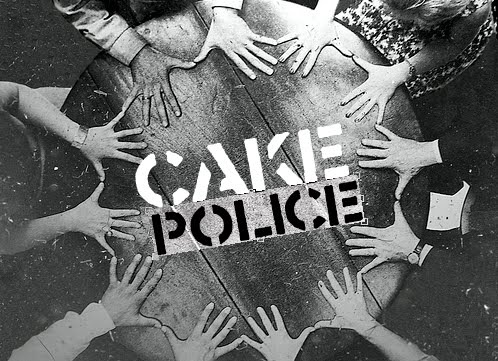"With regard to "ordinary" rogue states, the US is its self-sublating universalization: the "universal" rogue state which, as such, imposes and sustains global law and order. We have thus two series of states: rogue states and civilized states, with the US as the doubly inscribed element, the rogue state among the civilized and the civilized among the rogues.
"Furthermore, the idea of the United States practicing double standards, and heroically doing the heavy lifting for a Europe luxuriating in its high principles, is misleading: what makes the US so annoying for Europeans is pragmatic politics and willingness to do the ugly but necessary work, but the fact that it combines its obvious double standards with an excessive moralization of its politics. The US reproach to Europe is not primarily that it clings to an idealistic peace-moralism out of touch with the brutal reality of world politics, but, on the contrary, that it is all too pragmatic in accommodating itself to fundamentalist threats and human right violations around the world. Recall how, prior to the second Iraq war, the US criticized Europe not for its idealism, but for its pragmatic opportunism and blindness to the threats lurking around the corner: the metaphor often evoked was that Europe was behaving like Chamberlin in Munich in 1938, deluding himself that a genuine peace treaty was possible with the Nazis - no wonder Donald Rumsfeld characterized Europe's unreadiness to participate in the attack on Iraq as being 'beneath contempt.'"
"It was foretold to Oedipus's parents that their son would kill his father and marry his mother, but the very steps they took to avoid this fate (exposing him to death in a deep forest) ensured that the prophesy would be fulfilled - without their attempt to avoid fate, fate could not have realized itself. Is this not a clear parable of the fate of US intervention in Iraq? The US saw signs of a fundamentalist threat, intervened to prevent it, and thereby massively strengthened it. Would it not have been much more effective to accept the threat, ignore it, and thus break its grasp? Iraq is today regressing to a pre-state condition: state power cannot enforce law and order sufficiently to contain the war amongst fundamentalist militias, which are joining force and gradually one of the positive legacies of Saddam's regime, the existence of a large, secular and well-educated middle class. The saddest new from Iraq tells the story of a massive brain-drain: as a result of religious fundamentalists' [and, I would add, the US military's] attacks on schools and hospitals, the educated middle classes are leaving the country, thus depriving it of a key element of a functioning liberal democracy.
"The message of incidents like these is clear: the US is an empire in decline. Its growing negative trade balance suggests it is an unproductive predator nation: it has to suck up an influx of one billion dollars daily from other nations to help pay for its consumption needs and is, as such, the universal Keynesian consumer that keeps the world economy running. This influx, which is essentially like the tithes payed to Rome in antiquity, relies of a complex economic mechanism: the US is "trusted" as the safe and stable center, so that all others, from the oil-producing Arab countries to Western Europe and Japan, and even now the Chinese, invest their surplus profits in the United States. Since this "trust" is primarily ideological and military, not economic, the problem for the US is how to justify its imperial role - it requires a permanent state of war, so it had to invent the "war on terror" offering itself as the universal protector of all other "normal" (non-"rogue") states. However, as Moishe Postone has astutely noted, the very attempt of the US to reassert itself as the global policeman is already a reaction to the emerging multi-centric global order."

No comments:
Post a Comment